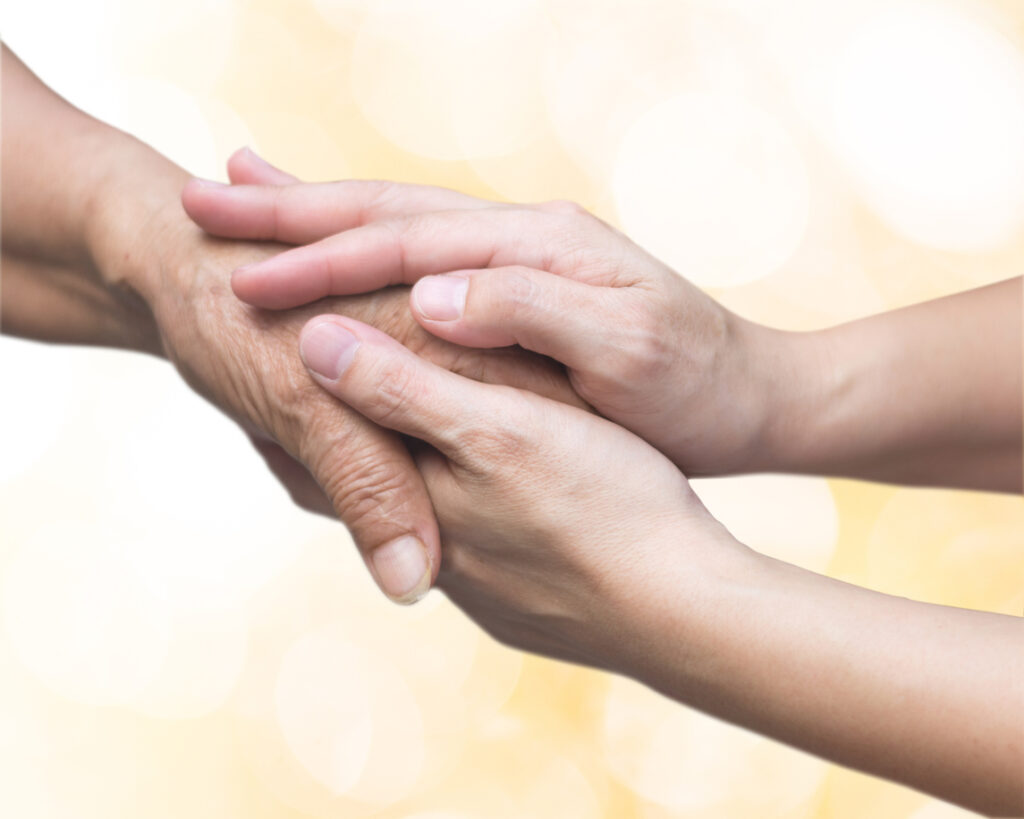Brain Injury Claims
Few incidents can have such a life-transforming impact as a traumatic brain injury. The extent and speed of recovery depends on accessing rehabilitation services as soon as possible once you are medically stable. In addition, funds are often required to make adjustments to the living environment and pay for ongoing specialist care.
Even relatively mild brain injuries can result in considerable loss of income if time off work is needed and can lead to ongoing difficulty in concentration and memory loss.
Bond Turner are a niche, multi-disciplinary practice, specialising in large and complex claims. We are proud to have 45 Grade A solicitors and Chartered Legal Executives, plus over 100 solicitors in our team. Some with over 25 years’ experience in serious injury compensation claims.
As a team, we work with our clients and their families to ensure they receive the best outcome, not only in terms of financial compensation, but also ongoing treatment, rehabilitation, and psychological counselling if required. We also understand that for loved ones, caring for someone with a traumatic brain injury is sometimes overwhelming; to assist, we can provide access to a range of professionals who can help you adjust to your family’s ‘new normal’.
What is the definition of a traumatic brain injury?
Brain injuries are most commonly caused by a violent force, directly, or indirectly, to the head. This could be the result of a serious motor vehicle accident, a fall, an assault, or an accident at work.
A moderate head injury is characterised by loss of consciousness for between 15 minutes and six hours, or a period of post-traumatic amnesia of up to 24 hours. In contrast, a traumatic brain injury occurs when a patient has been in an unconscious state for six hours or more, or has post-traumatic amnesia of 24 hours or more[1].
What are the symptoms of a traumatic brain injury?
The clinical effects of a brain injury can vary substantially depending on the precise nature of the accident and can leave victims with several difficulties to contend with. Common effects include concussion or post-concussion syndrome. Moderate brain injuries can leave the patient with obvious physical symptoms such as:
- balance problems
- dizziness
- hearing difficulties/deafness
- headaches with loss of smell/taste
- cognitive issues, including altered memory, personality, mood and emotions
Victims of severe brain injuries can be left unable to communicate and/or care for themselves.
And beyond the physical damage caused, many brain injury victims suffer from depression and/or anxiety, which can impair their ability to live normally and return to their occupation[2].
How can I claim compensation for a brain injury?
If you have suffered a moderate or traumatic brain injury, contact one of our supportive personal injury solicitors. Our service is much more than just legal advice; we can be there from day one of your accident to the very end of your recovery and compensation process. In the early stages of working with you, we will leave no stone unturned to ensure you have access to a comprehensive rehabilitation programme. And when it comes to fighting your legal case, our firm has three in-house barristers and strong relationships with leading Counsel and KC’s who can represent you in your claim.
If you are unable to travel, we can visit you in the comfort of your home or care facility. You can trust us to undertake all aspects of the compensation claim on your behalf, including providing one of our in-house interpreters if needed, obtaining expert medical evidence, and providing post-accident support and assistance throughout the litigation process.
To make an appointment with one of our SRA regulated solicitors regarding a brain injury, please call 0151 236 3737 or email info@bondturner.com.
[1] http://www.headway.org.uk/about-brain-injury/individuals/types-of-brain-injury/traumatic-brain-injury/
[2] https://jamanetwork.com/journals/jamapsychiatry/fullarticle/481944
